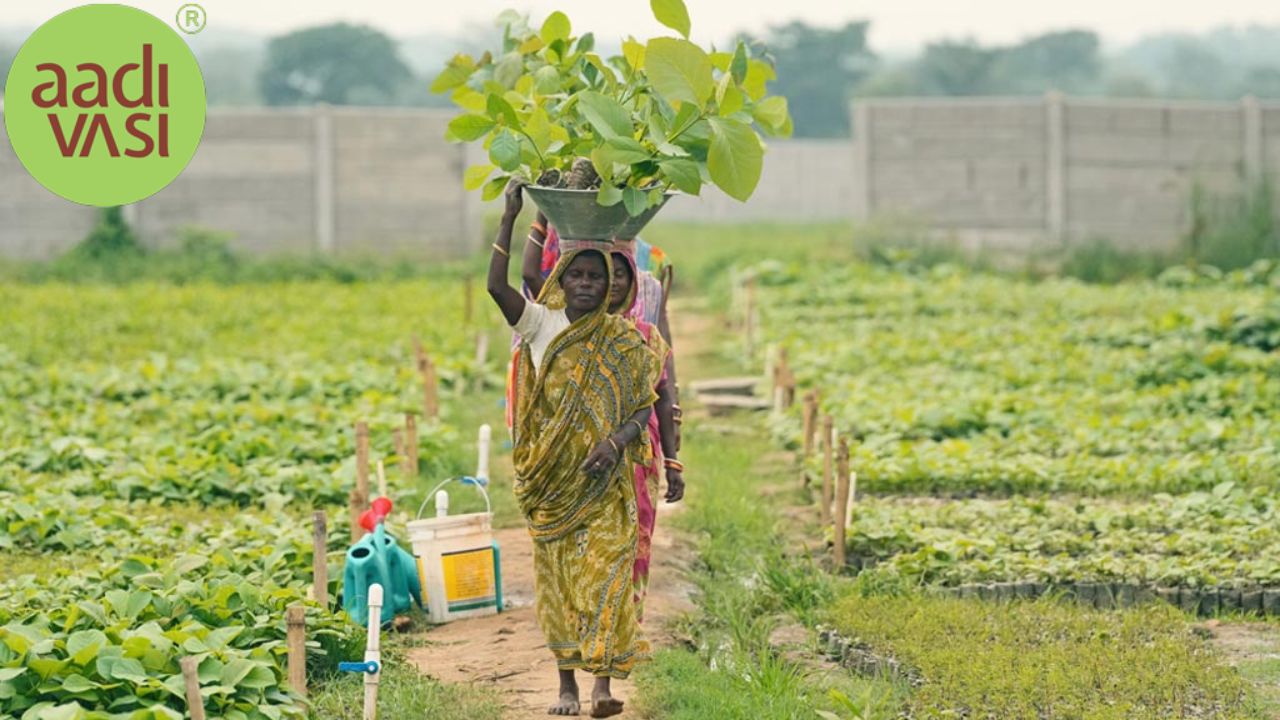From Tribal Traditions to Global Action: The Role of Adivasis in Climate Solutions

From Tribal Traditions to Global Action: The Role of Adivasis in Climate Solutions
It is a truth long known to the custodians of the Earth—the Adivasis—but only now dawning upon the so-called arbiters of modern civilization: nature is not an adversary to be subdued but a symbiotic force to be harmonized with. While global potentates convene in air-conditioned halls, drafting resolutions and debating climate timetables, Indigenous Environmental Practices have, for centuries, been the quiet sentinels of ecological equilibrium.
Remarkably, this ancient wisdom is now beginning to permeate the corridors of conscious commerce. Platforms such as aadivasi.org are serving as conduits for traditional artisans, integrating their sustainable crafts into corporate spaces, thus transforming eco-friendly gifting into a testament to tribal wisdom in climate action. Make every ₹200 count at Aadivasi.org®, India’s first ImpactCommerce® website. Shop for a cause you believe in and receive products of the same value for free. Because here, it’s not just about shopping — it’s about making an impact.
Sustainability, after all, is not merely a lofty legislative ideal—it is a quotidian commitment, a succession of deliberate choices that honour the environment and the communities that have preserved it for millennia.
Where Sustainability Isn’t a Buzzword but a Way of Life
For many indigenous communities, sustainable living is neither a passing fad nor an emergent trend—it is a sacrosanct inheritance, an intrinsic responsibility. Unlike mainstream conservation efforts that often delineate a binary between humanity and nature, Adivasi contributions to climate change underscore an ethos of coexistence. This repository of traditional ecological knowledge—transmitted through folklore, ceremonial rites, and an intuitive communion with the land—embodies an organic blueprint for environmental stewardship.
Consider this: while the world extols the virtues of reforestation projects, Adivasis have long been practitioners of seed preservation and controlled burning, nurturing forest vitality through methodologies refined over generations. When urban environmentalists extol the virtues of a zero waste paradigm, Adivasi sustainability practices stand as a paragon, demonstrating an exquisite proficiency in ensuring that every fragment of a plant or animal is utilized, leaving behind no detritus.
The Irony of Ignoring the Original Climate Activists
We attend summits that solemnly pontificate on Indigenous Climate Change Solutions, yet paradoxically, the very communities that have safeguarded these solutions are subjected to dispossession under the guise of development. Vast swathes of forests—meticulously preserved by indigenous people—are razed to the ground by industrial behemoths, only to be supplanted by monoculture plantations, disingenuously labeled as afforestation.
The irony is almost unbearable—governments pen treaties extolling the virtues of tribal knowledge for a sustainable future, even as they abdicate their responsibility to enshrine legal protections for indigenous lands. The Adivasi role in environmental conservation is unequivocal, yet their recognition and empowerment remain elusive, ensnared in a web of bureaucratic inertia and corporate avarice.
What the World Can Learn from Adivasis
Rather than relegating indigenous voices to the periphery, the world would do well to integrate their eco-friendly indigenous traditions into the broader framework of mainstream climate policies. Consider these invaluable contributions:
- Forest Management: Where modern forestry succumbs to indiscriminate deforestation, Indigenous forest conservation employs controlled burns and selective harvesting, ensuring biodiversity thrives rather than diminishes.
- Water Conservation: The veneration of sacred groves and the meticulous stewardship of natural water reservoirs serve as pillars of Adivasi communities and climate resilience, fostering groundwater recharge and ecological equilibrium.
- Sustainable Agriculture: Agroforestry and crop rotation, long perfected by Adivasis, replenish soil nutrients far more efficaciously than the synthetic, chemical-laden methods of modern agronomy.
Time to Replace Exploitation with Collaboration
While scientists and policymakers deliberate over futuristic stratagems to mitigate climate change, it is imperative to recognize that Indigenous activism for climate change is not merely an exercise in protest—it is a testament to time-honoured survival strategies that have sustained ecosystems for centuries. The most sagacious path forward is not one of imposing exogenous, top-down solutions, but of embracing the nature-based tribal solutions that have already demonstrated their enduring efficacy.
The future of sustainability does not solely reside in legislative decrees or technological marvels; rather, it is embedded in an ethos of respecting the past. Perhaps the panacea we so frantically seek is already enshrined in the oral traditions, lived experiences, and immutable wisdom of those we have too often ignored. It is high time we listen.

